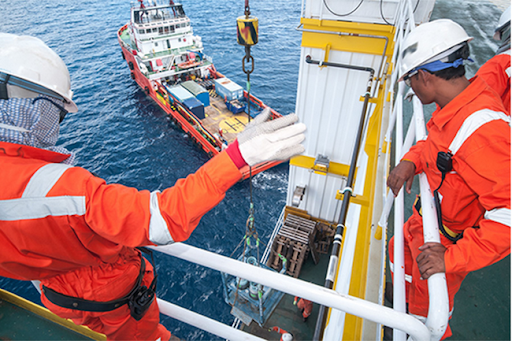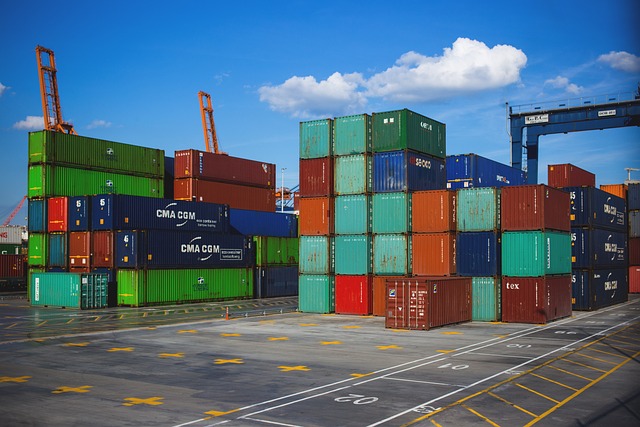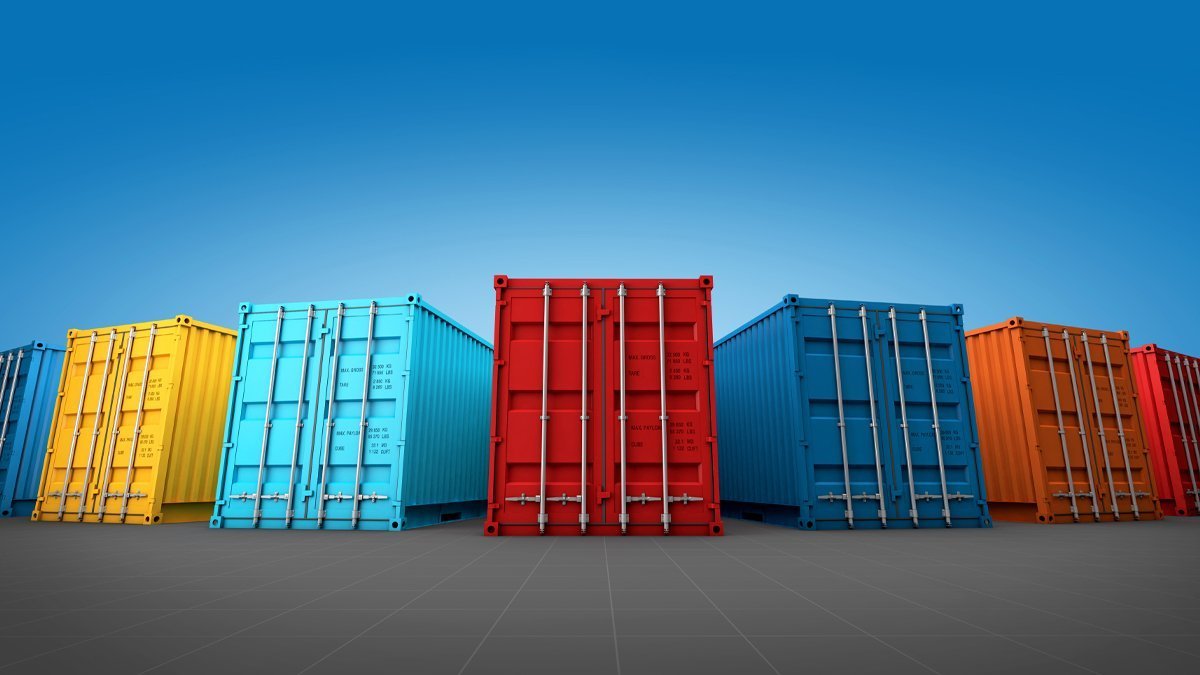Emerging Trends in Ship Supply Industry: Insights from Chittagong Port

Strong 8k brings an ultra-HD IPTV experience to your living room and your pocket.
The ship supply industry has always been a cornerstone of global trade, quietly fueling the movement of goods across the oceans. From food and fuel to technical equipment and safety gear, ship chandlers keep vessels running smoothly while they are docked or anchored. In recent years, this sector has been undergoing major changes, shaped by shifting trade routes, new technologies, and growing demands for sustainability.
Chittagong Port, the busiest seaport in Bangladesh and a lifeline for South Asia’s maritime economy, offers a unique vantage point for observing these emerging trends.
The Rise of Digital Transformation
One of the most noticeable developments in the ship supply industry is the increasing adoption of digital platforms. In the past, ship suppliers and vessel operators often relied on manual communication, which was both time-consuming and prone to errors. Today, technology is reshaping how deals are made, supplies are tracked, and services are delivered.
At Chittagong Port, digitalization is making procurement faster and more transparent. Ship owners can now place orders online, track deliveries in real-time, and access invoices instantly.
This shift not only reduces operational delays but also builds trust between suppliers and ship operators. With Bangladesh investing heavily in port automation, Chittagong is well-positioned to integrate advanced supply chain management systems that align with global standards.
Sustainability as a Driving Force
Sustainability is no longer an optional add-on—it is becoming central to the ship supply business. Shipping accounts for nearly 3% of global carbon emissions, and the industry is under mounting pressure to reduce its environmental footprint. This demand trickles down to suppliers who must adapt by offering greener alternatives.
At Chittagong, more ship chandlers are beginning to supply eco-friendly products such as biodegradable cleaning agents, energy-efficient equipment, and low-sulfur fuel. Recycling practices are also gaining momentum, with suppliers increasingly handling waste in compliance with international environmental conventions.
For global shipping companies operating in the Bay of Bengal, choosing sustainable suppliers at Chittagong Port is becoming a strategic decision that reflects their commitment to greener operations.
Supply Chain Resilience
The COVID-19 pandemic highlighted just how fragile global supply chains can be. Disruptions in shipping schedules, port closures, and fluctuating demand tested the resilience of the entire industry. In response, ship suppliers are now focusing on creating stronger, more reliable systems.
At Chittagong Port, this resilience is being built through diversified sourcing and stronger supplier networks.
Many chandlers have established partnerships with multiple local and international vendors, ensuring they can deliver critical supplies even during disruptions.
Moreover, inventory management has become smarter, with suppliers stocking essential items based on predictive analytics rather than guesswork. These measures not only minimize risk but also help vessels avoid costly downtime.
The Push for Compliance and Safety
Another defining trend is the emphasis on compliance and safety. The International Maritime Organization (IMO) has tightened regulations around safety standards, waste management, and crew welfare. As a result, ship suppliers are under pressure to ensure that every product meets global compliance requirements.
For Chittagong Port, which serves thousands of foreign vessels each year, maintaining compliance is crucial for building credibility.
Ship chandlers in the region are now more careful about sourcing certified safety equipment, proper medical supplies, and approved technical components. This ensures that vessels calling at Chittagong remain compliant with international rules while also protecting the safety and wellbeing of their crew.
Local Dynamics and Global Integration
What makes Chittagong particularly fascinating is the way local dynamics blend with global industry trends. The port is not just a gateway for Bangladesh’s international trade; it also serves as a crucial hub for regional shipping routes connecting South Asia, Southeast Asia, and beyond. This positioning means that suppliers at Chittagong must balance local realities with international expectations.
For example, the demand for cost-effective supplies from local shipping companies drives chandlers to source competitively from the domestic market. At the same time, international shipping giants demand top-tier quality and compliance with global standards. This dual demand pushes suppliers to innovate, expand their sourcing channels, and continually raise their service quality.
Looking Ahead: The Future of Ship Supply
The future of the ship supply industry will likely be shaped by three main forces: technology, sustainability, and collaboration.
At Chittagong Port, suppliers who embrace digital platforms will be able to streamline their operations and provide greater transparency. Those who prioritize sustainable practices will gain a competitive advantage in an increasingly eco-conscious industry. And finally, collaboration—both locally among suppliers and globally with shipping companies—will define resilience in the face of new disruptions.
As Bangladesh continues to grow as a maritime hub, Chittagong’s ship supply industry will play a bigger role in global trade than ever before. By staying ahead of these emerging trends, local suppliers can not only strengthen their own businesses but also contribute to a more sustainable and efficient global shipping industry.
Note: IndiBlogHub features both user-submitted and editorial content. We do not verify third-party contributions. Read our Disclaimer and Privacy Policyfor details.






![Dishwasher Market Analysis USD 22.2 Billion Valuation & Growth Rate to [2029]](https://indibloghub.com/public/images/courses/66b99b6ea808c9954_1723439982.png)
